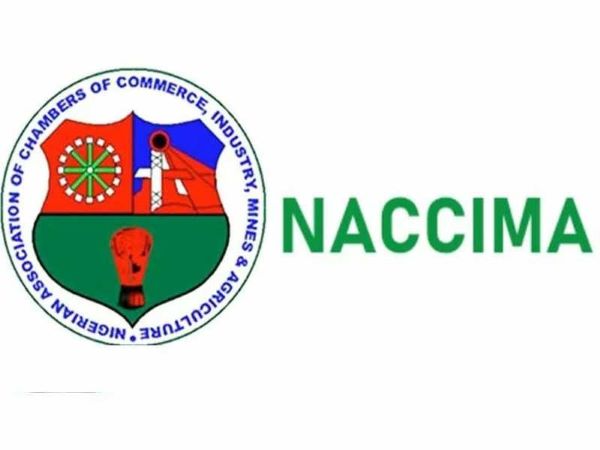GDP: NACCIMA advocates OPS engagement on real growth
"The disconnect between these statistics and the lived realities of countless citizens is concerning"
 The Nigerian Association of Chamber of Commerce, Industry, Mines and Agriculture (NACCIMA) has urged government and relevant authorities to strengthen engagement with the Organised Private Sector (OPS) on real economic growth.
The Nigerian Association of Chamber of Commerce, Industry, Mines and Agriculture (NACCIMA) has urged government and relevant authorities to strengthen engagement with the Organised Private Sector (OPS) on real economic growth.
Its President, Mr Dele Oye, made the call on Tuesday via a statement in reaction to the National Bureau of Statistics (NBS) report on the country’s Gross Domestic Product (GDP) growth of 3.46 per cent.
BRANDECONOMY reports that the NBS also reported an unemployment decline to 4.6 per cent for the third quarter of 2024.
Oye, however, advised caution on how these figures are received and interpreted given the current realities of the prevailing economic challenges confronting many Nigerians.
He said GDP growth must be contextualised within the extensive operational hurdles confronting entrepreneurs and the broader implications for sustainable development.
According to him, the significant disconnect between these statistics and the lived realities of countless citizens is concerning.
He noted that the economy was still weighed down by the effects of hyperinflation stemming from frequent fuel price hikes, power shortages and naira devaluation.
The NACCIMA president said under these circumstances, the assertion of robust GDP growth appeared unlikely, particularly as the purchasing power of average citizens continues to be eroded.
Oye emphasised that real growth necessitated government commitment to supporting the private sector with appropriate policies and regulatory frameworks.
“In light of the above, we urge the government and relevant authorities to engage more vigorously with OPS, acknowledge their insights and address their concerns within the policy-making process.
“It is essential that statistical reporting reflects the true economic conditions on the ground so that any growth can be measured not just in numbers but also in terms of real improvements to the quality of life and economic opportunities available to citizens.
“While the NBS report might convey an optimistic narrative, we implore all stakeholders to consider the complexities and contradictions inherent in our economic landscape.
“It is only through an authentic understanding of these dynamics that Nigeria can aspire toward sustainable growth and development,” he said.
Oye said the claim of declining unemployment warranted thorough examination, as many graduates and skilled workers are unable to secure gainful employment.
He noted that while the statistics may suggest an improvement, it was crucial to distinguish between those recorded as job seekers and the broader challenges of under-employment and informal unemployment.
According to him, the chamber will continue to offer its suggestions on ways to reduce interest rates and stabilise the naira.
“We must work collaboratively toward collective success as with the right policies, we can achieve shared prosperity.
“Without addressing the root causes of economic malaise, we risk further deterioration in the long run,” he said.












